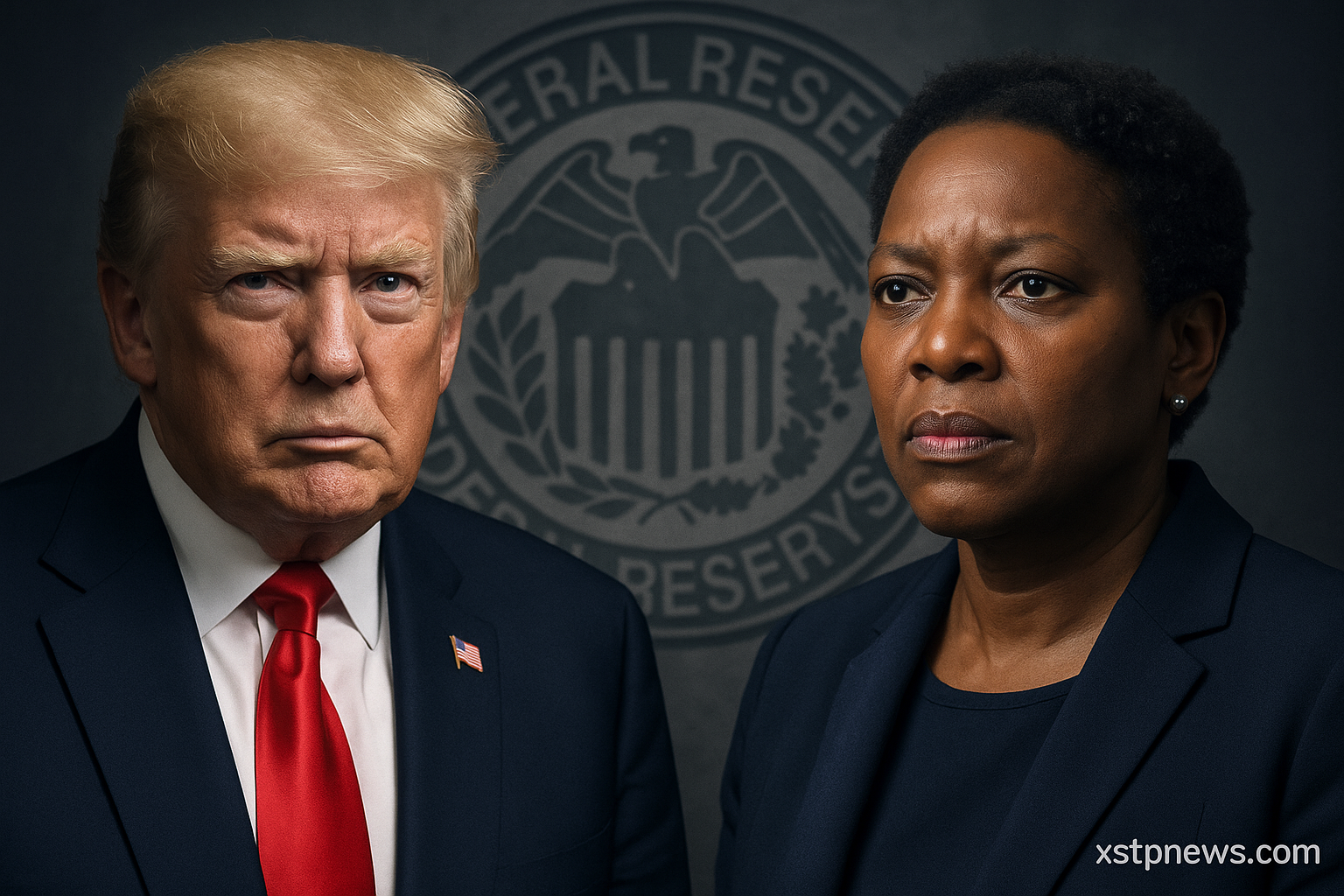CZ, the founder of Binance, stated that Bitcoin could offer a real solution to the global public debt crisis. He pointed to the case of Bulgaria, where 213,500 BTC sold in 2018 would now cover nearly 79 percent of the country’s national debt.
Bitcoin as protection against inflation
CZ emphasized that Bitcoin’s fixed supply of 21 million coins and its decentralized structure make it a natural shield against excessive money printing and rising sovereign debt. He argued that governments should consider holding Bitcoin as part of their strategic reserves.
Bulgaria example fuels debate
The Bulgarian case reignited discussion in economic circles. By selling its Bitcoin holdings at a low price years ago, the country missed the opportunity to hold an asset that today could have dramatically reduced its debt burden. CZ questioned whether other governments are making the same mistake by ignoring Bitcoin’s potential.
Criticism and limitations remain
Despite the bold claim, many experts warn that Bitcoin’s volatility and regulatory uncertainty make it unsuitable as a primary fiscal tool. Still, some agree that it could complement state reserves alongside gold and foreign currency rather than replace them.
Governments begin small-scale experiments
Several nations are starting to explore the idea. The Czech central bank is evaluating whether to allocate up to 5 percent of its foreign reserves to Bitcoin. Countries like El Salvador have already adopted it more directly, and global policymakers are watching closely.







